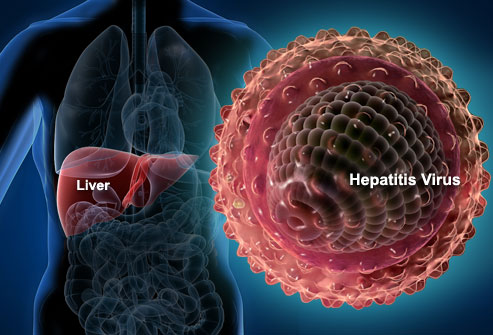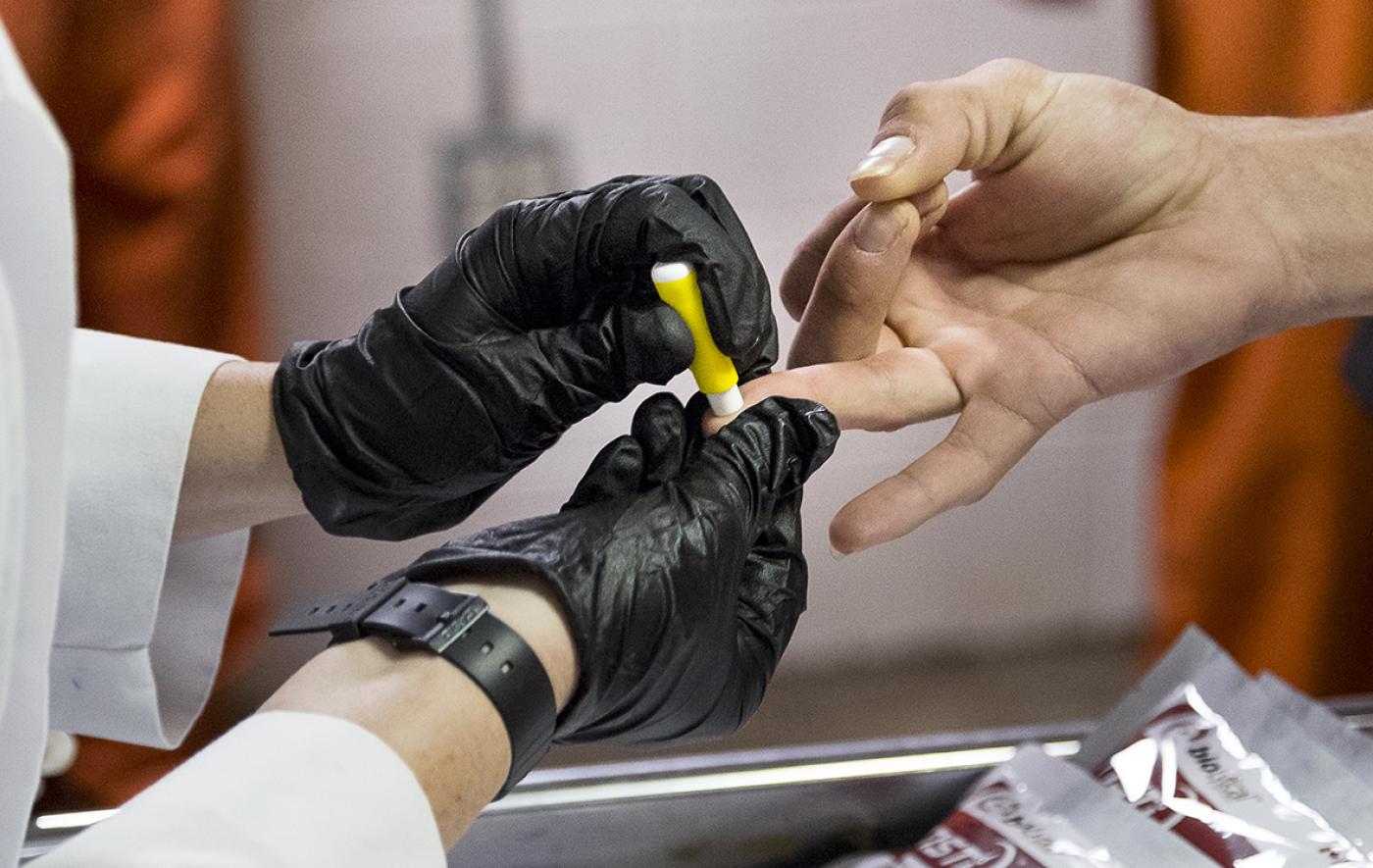If you or someone you know was recently diagnosed with diabetes it may be a terrifying and uncertain time for you. Fortunately, while diabetes is a serious disease, with a little education you can lead a healthy and active life. Whether you are a type 1 or type 2 diabetic, the reason for your illness is that your body has elevated blood sugar levels. Included here are a few important things to know following your diagnosis.
Diabetes is a Lifestyle Illness
Often, type 2 diabetes is caused by poor lifestyle choices or an unhealthy lifestyle. Once diagnosed, however, you must make the choice to alter your diet and increase your physical activity; a healthy lifestyle is crucial in successfully managing diabetes.

Watch for Hypoglycemia
The condition called “hypoglycemia” occurs when your blood sugar level drops too low. This could be a result of inconsistent eating choices or an overdose of diabetic medication. Symptoms of hypoglycemia include: nausea, sweating, anxiety, or unconsciousness. If you experience the symptoms of hypoglycemia it is advisable that you eat a sugar-rich candy or glass of milk and rest.
Watch for Hyperglycemia
While “hypo” is low, “hyperglycemia” means extremely high blood sugar. Often, hyperglycemia is caused when the diabetic does not eat consistently, does not exercise or does not remember their medication. Symptoms include: fatigue or stupor; dry, itchy skin; and extreme hunger or thirst. If you do not treat your hyperglycemia, extended periods of this elevated blood sugar level can damage your blood vessels and lead to more serious complications.
Long Term Care
Due to the risk of diabetic retinopathy, a condition in which the retina of the eye is damaged due to high blood sugar levels, you should have regular eye exams at least once yearly. If you experience any blurred or lost vision or have an eye infection, you should seek treatment from an optometrist or ophthalmologist immediately.
General health conditions should be monitored by your doctor including regular blood work. You should always be aware of the symptoms leading to hypo- or hyper- glycemia and be prepared to treat them if necessary. The risks for kidney, heart, muscle and brain conditions are greatly elevated as a diabetic and your doctor should monitor you for these at all times.
Care of the feet is especially important when you are a diabetic. Many conditions can arise in the feet as a result of diabetes including diabetic foot which leads to foot ulcers, infections and gangrene. Because of these risks, it is recommended that diabetics wear well-fitting shoes and sandals at all times and do not go barefoot. Any cuts on the feet should be treated immediately and toenails should be kept extremely hygienic.








